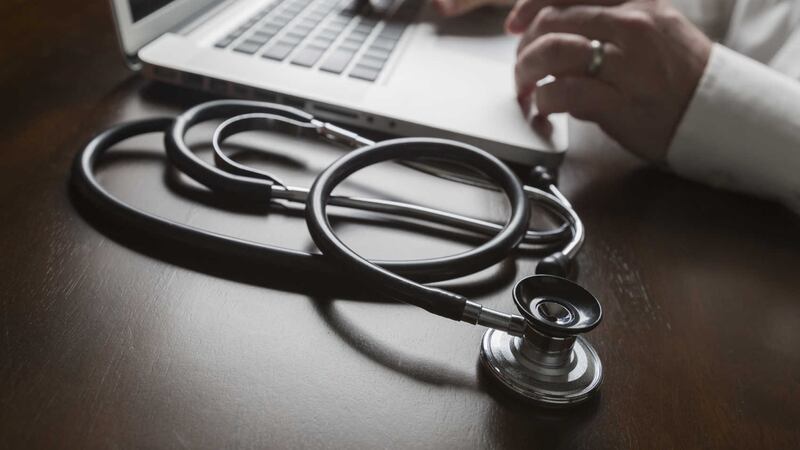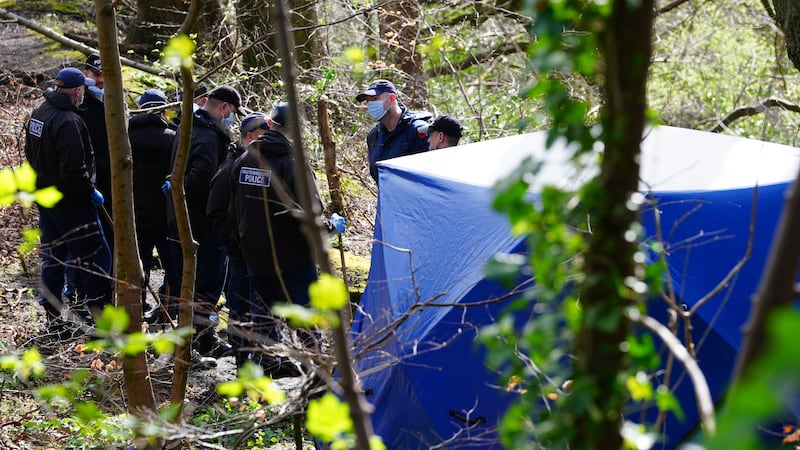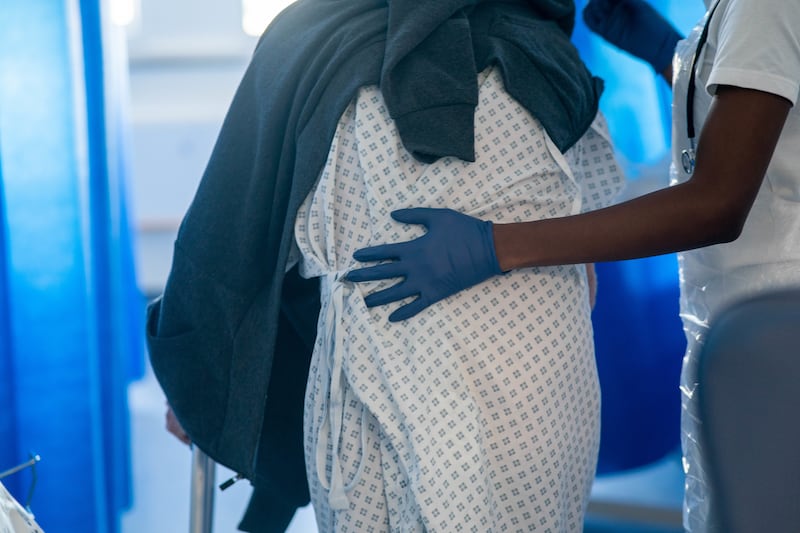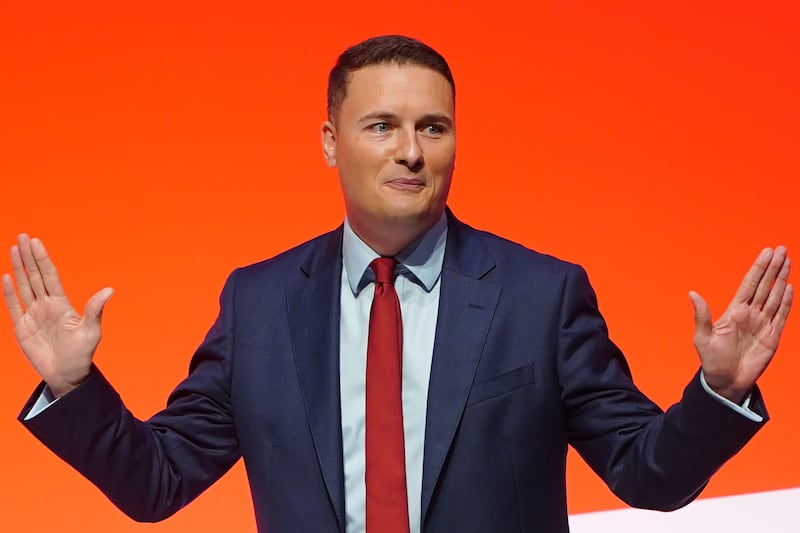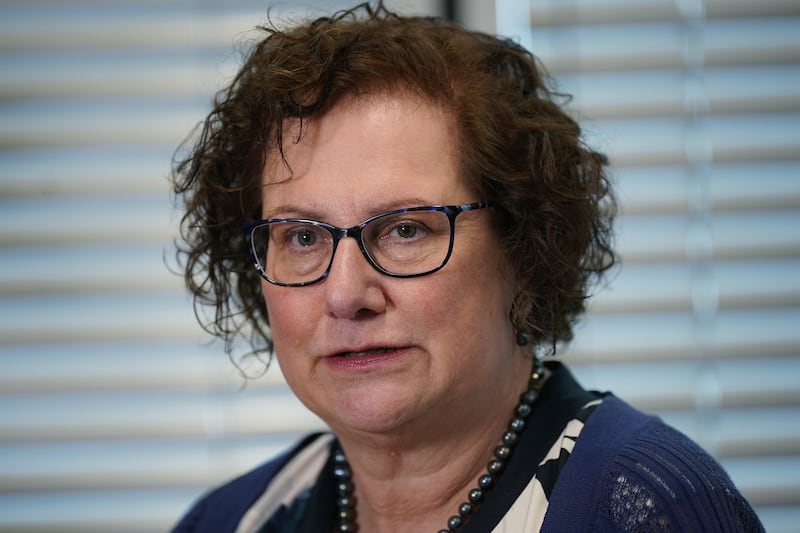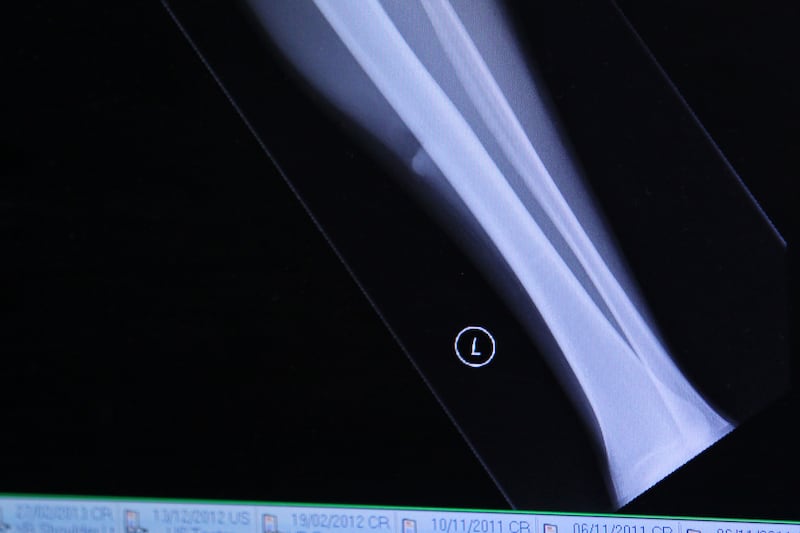GPs in Northern Ireland have said that urgent action must be taken to turn around the crisis facing general practice.
The Royal College of GPs (RCGP) have said that 400 more doctors are required in Northern Ireland by 2020 to cope with growing demand.
Dr John O’Kelly, Chair of the RCGP, said that it was time that more resources were directed towards general practise rather than hospitals.
"We are asking for an increase in the percentage of NHS budget given to GP practices, for instance 11% more of the budget, so that we can deliver a quality GP service. This is not about more money," he said.
The RCGP is urging government to choose from of a number of options to tackle the issue, outlined as part of their ‘Delivering change for General Practise’ strategy.
These include:
- Setting a target for increasing the number of full-time equivalent GPs in Northern Ireland by 400 by 2020
- Improving GP recruitment and acting on recommendations of the government's own GP workforce reports from 2006, 2010 and 2014.
- Increasing medical students' exposure to general practice.
- Improving retention
- Encouraging GPs who have left Northern Ireland to return
Speaking to the BBC, Dr O’Kelly said that GPs were frustrated that they cannot spend as much time treating patients as they would like.
"Patients want an appointment where the doctor has time to sit and listen, to investigate and then to explain their illness. GPs want to spend time with them, we don't want to feel rushed. But patients are coming with more complex conditions, it all takes time," he said.
"What we are asking for is for politicians to sort their differences out and to work with us and the health service to deliver a service that is fit and better for patients and of a quality that the public deserve."
"Having the health service freewheeling along is not helpful - at the minute it's like a ship heading for the rocks and the captain is not on the bridge," Dr O'Kelly said.
